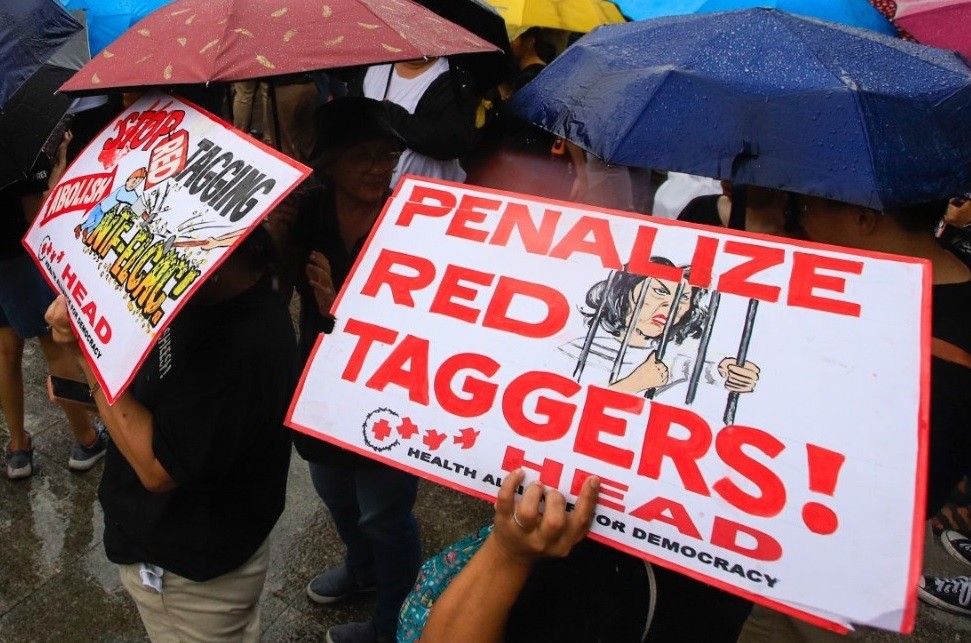06/11/2023
06/11/2023

MANILA, Philippines, Nov 6, (Agencies): Earlier this year, despite the US State Department's report indicating that red-tagging persisted even under the Marcos administration, the Philippines has conveyed its strong opposition to this practice to the European Union (EU).
In a recent dialogue on human rights between the Philippines and the EU, the Department of Foreign Affairs (DFA) emphasized Manila's condemnation of red-tagging and extrajudicial killings. Manila also highlighted its commitment to human rights, guided by legal precedents established by the Supreme Court and the proposed regulations aimed at ensuring comprehensive human rights protection when designating individuals as terrorists.
This discussion took place during the Third Sub-Committee Meeting on Good Governance, Rule of Law, and Human Rights, held as part of the Philippines-European Union Partnership and Cooperation Agreement (PCA) in Brussels on October 26. The Philippines' affirmation of its dedication to human rights is of great significance as it is a beneficiary of the EU's Generalized Scheme of Preferences Plus (GSP+), a program that provides tariff exemptions for imported products from beneficiary countries. The EU mandates that beneficiary countries adhere to 27 international conventions, which encompass human rights.
During the meeting, the DFA provided an update on the legislative progress related to the legal protection of human rights defenders, with the EU acknowledging the challenges involved in passing such legislation.
Furthermore, the EU took note of the updates provided by the Philippines on various cases, including those of former Senator Leila de Lima, Maria Ressa, Diego Bello, and Percy Lapid.
In March 2023, the US State Department released its 2022 Country Reports on Human Rights Practices, which highlighted the persistent practice of red-tagging under the new administration. The report pointed out that the National Task Force to End Local Communist Armed Conflict, established during the Duterte administration, played a significant role in red-tagging media workers and government critics.


